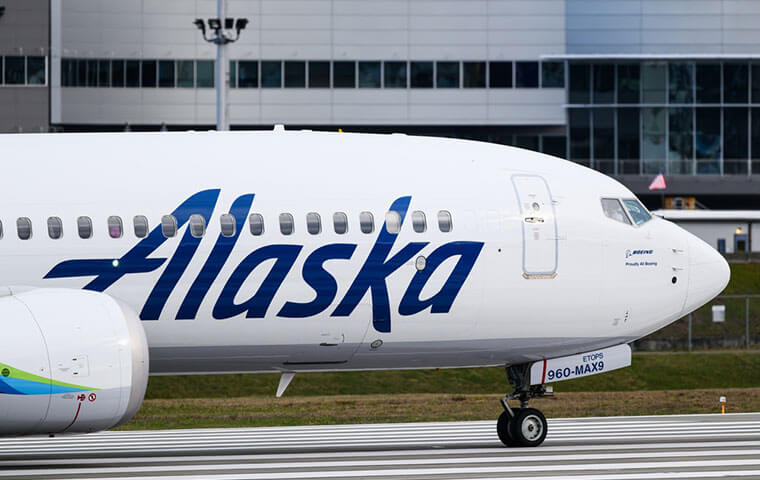 Agencies also face limited local candidate pools when hiring, and attrition that is consistently about a half-point higher than in the Lower 48. Image: Ian Dewar Photography/Shutterstock.com
By: FEDweek Staff
Agencies also face limited local candidate pools when hiring, and attrition that is consistently about a half-point higher than in the Lower 48. Image: Ian Dewar Photography/Shutterstock.com
By: FEDweek StaffFederal agencies face a number of additional challenges when trying to attract and keep employees for U.S. locations outside the 48 contiguous states, the GAO has said.
It said that personnel challenges at facilities in Alaska, Hawaii and the U.S. territories and possessions include “the high costs of living and relocation, limited opportunities for local career growth, and lack of quality services and infrastructure.” Officials of five agencies GAO interviewed “emphasized that high cost of living—including housing, education, gas, and groceries—is a significant financial strain for employees, and particularly for lower paying positions.”
Those facilities further commonly have fewer mid-level positions, often forcing employees who wish to advance to relocate to another site or to the mainland, it said. Officials also cited local shortages of services including medical care and child care and even “everyday basic living conditions, including safe sources of water in their homes.”
Agencies also face limited local candidate pools when hiring, and attrition that is consistently about a half-point higher than in the Lower 48—8.8 percent vs. 8.2 in 2023, for example—requiring still greater efforts on the recruiting end, it said.
However, officials also cited steps that have proved helpful including improving the understanding of agency officials on using the available special hiring, pay and incentive payment authorities; efforts to help job candidates navigate the federal hiring process; and enhanced career development of current employees.
GAO recommended broader use of such efforts at the agencies it studied—FEMA, FWS, NPS, SSA and TSA—with management in general agreement.
Shutdown Meter Ticking Up a Bit
Judge Backs Suit against Firings of Probationers, but Won’t Order Reinstatements
Focus Turns to Senate on Effort to Block Trump Order against Unions
TSP Adds Detail to Upcoming Roth Conversion Feature
White House to Issue Rules on RIF, Disciplinary Policy Changes
Hill Dems Question OPM on PSHB Program After IG Slams Readiness
See also,
How Do Age and Years of Service Impact My Federal Retirement
The Best Ages for Federal Employees to Retire

